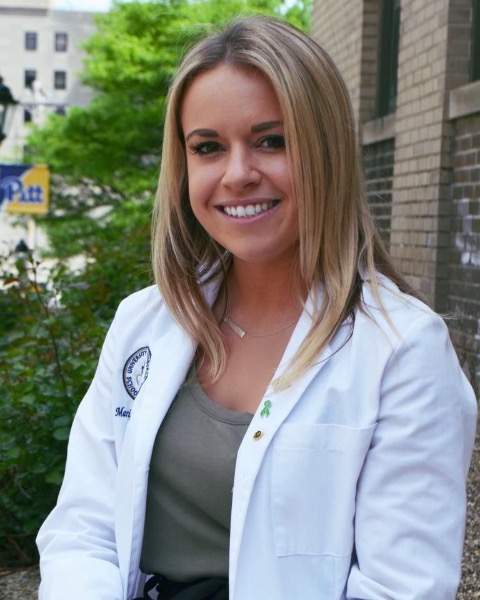Evaluation of Early Remdesivir Initiation in COVID-19 Patients From Time of Confirmed Diagnosis
-

Marissa Campagna, PharmD, RPh
PGY2 Critical Care Pharmacy Resident
University of Pittsburgh Medical Center
Pittsburgh, PennsylvaniaDisclosure information not submitted.
-
SG
Steven Ganchuk, PharmD
Critical Care Pharmacist
UPMC Mercy, United StatesDisclosure information not submitted.
-
JH
Joshua Hendrickson, PharmD
Infectious Disease Pharmacist
UPMC Mercy, United StatesDisclosure information not submitted.
-
EM
Erin McCreary, PharmD, BCPS, BCIDP
Clinical Assistant Professor in the Division of Infectious Disease
University of Pittsburgh Medical Center, United StatesDisclosure information not submitted.
-
RA
Ricardo Arbulu, MD
Director of Antimicrobial Stewardship
University of Pittsburgh Medical Center, United StatesDisclosure information not submitted.
-
AS
Andrew Sweigart, PharmD
Pharmacy Intern
UPMC Mercy, United StatesDisclosure information not submitted.
First Author(s)
Co-Author(s)
Title: Evaluation of early remdesivir initiation in COVID-19 patients from time of confirmed diagnosis
Introduction: Remdesivir was granted FDA-approval for the treatment of COVID-19 in hospitalized patients after demonstrating decreased time to recovery, but current literature questions its utility. The objective of this study was to investigate whether early initiation of remdesivir therapy from time of confirmed diagnosis demonstrates an improved time until recovery
Methods: A retrospective analysis included a system-wide review of adult COVID-19 patients discharged between August 1 and October 31, 2020. Patients were eligible if they had a positive SARS-CoV-2 PCR and received remdesivir. Patients were excluded if they died or were discharged within 24 hours of presentation or were transferred to a hospital that was not a study site within 72 hours. Data collection included review of progress notes, patient demographics, comorbidities, microbiology, oxygen requirements and concomitant therapies for the treatment of COVID-19. The primary endpoint was time to clinical stability from date of positive PCR utilizing the following study arms measuring time from positive PCR to remdesivir loading dose: 0-3, 4-6, 7-10, and 11+ days. Secondary aims explored factors that correlate with improved outcomes with remdesivir. The Kruskal-Wallis test was used for analysis.
Results: 475 patients received remdesivir therapy and a total of 444 patients were included in the final study cohort. Most patients received therapy within 0-3 days of COVID-19 diagnosis (72.9%). The cohort was divided equally by sex (49.8% male), was primarily white (84.7%), with a median age of 70.5 years old and most patients requiring nasal cannula on presentation (55.4%). Most of the population had at least one comorbidity (95.9%), with the greatest prevalence of cardiovascular disease (65.5%) and obesity (57.0%). Median time to recovery was 7.5 days in the 0-3 day group, 11 days in the 4-6 day group, 8 in the 7-10 day group, and 5 in the 11+ day group, with no difference identified between the four groups (P=0.19).
Conclusions: Earlier initiation of remdesivir did not demonstrate a significant difference in recovery time in this study. Further prospective studies should be completed to identify whether remdesivir has utility in treating hospitalized patients.
